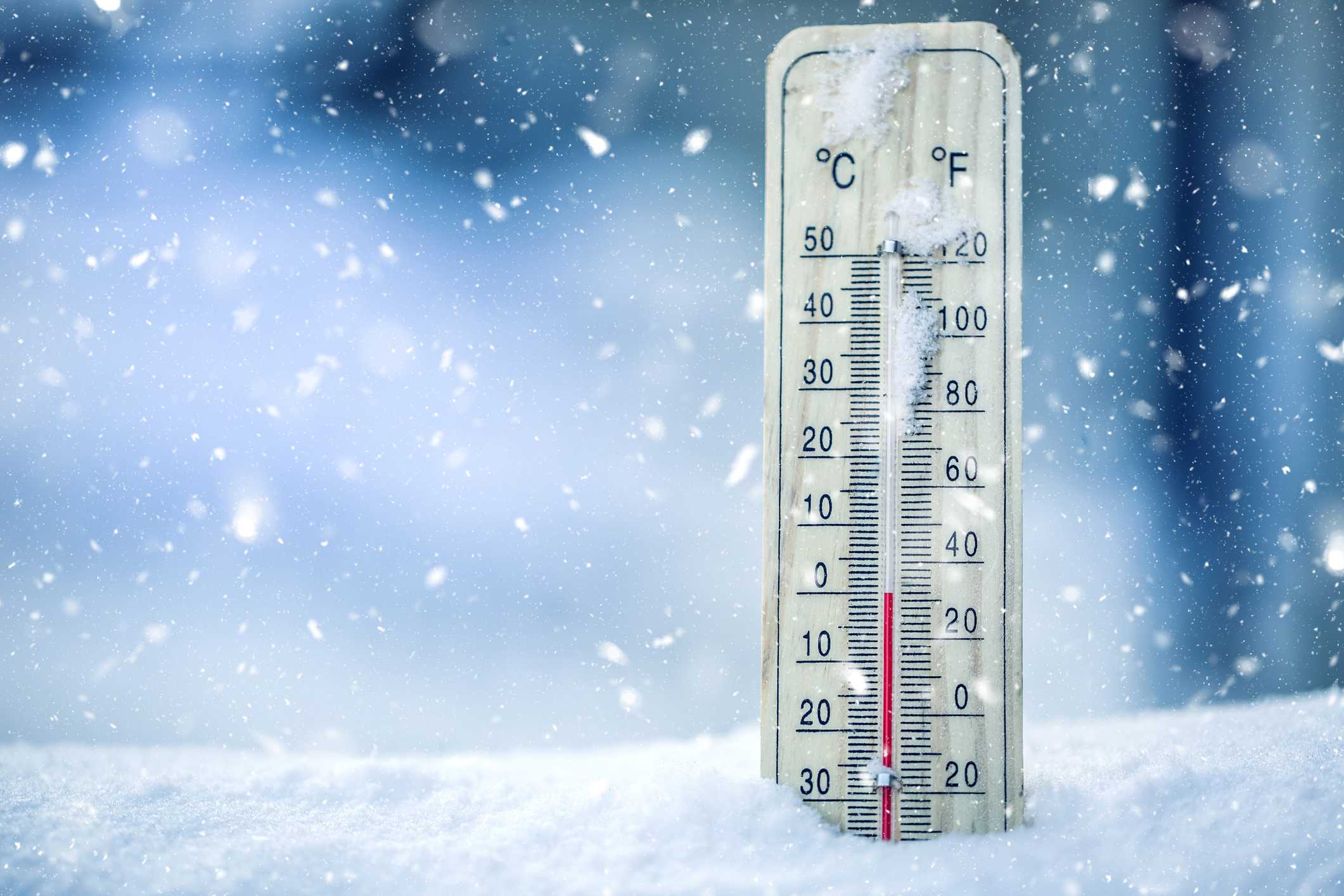
Are you feeling extra cold after weight loss surgery?
Wondering if these cold feelings are normal?
If so, you are not alone in feeling this way! Some of our patients at WeightWise, who have recently undergone bariatric surgery, express that they experience feelings of cold body temperature and chills, that they did not experience before surgery. Several changes take place in the body after bariatric surgery that can cause increased sensitivity too cold for some patients. However, these changes can be a great way to positively observe how the body is shifting and losing its fat stores and provide beneficial information about what extra nutrients the body may need. Below are some of the top reasons why patients may experience cold intolerance after bariatric surgery.
- Loss of insulation: Adipose tissue in the body, also called body fat, is an extremely good insulator at holding onto heat in the body and keeping us warm. Therefore, weight loss after bariatric surgery causes a decrease in one’s body fat stores leading to less insulation and heightened cold intolerance. Since you may be losing insulation after surgery, make sure to put on enough layers of clothes to keep warm! At the end of this article are some helpful tips on how to stay warm after surgery.
- Less heat production: Often after bariatric surgery patients consume less food than they did before surgery, and this decrease in calorie intake from foods can cause changes in their metabolism after surgery. Whenever calorie intake is reduced, your metabolism slows down to save energy. Also, whenever you consume calories, your body breaks down some of these calories to produce heat. Since fewer calories are consumed, less heat will be generated as well. However, gradually reducing calorie and carbohydrate consumption before surgery and following the diet plan given after surgery, will help promote steady weight loss.
- Altered hormone levels: Consuming fewer calories and zero starchy carbohydrates (bread, pasta, chips, sweets, etc.) after surgery can also alter hormone levels in the body, like insulin and thyroid hormones, which can lead to cold intolerance. Therefore, optimizing your thyroid and insulin levels with the help of your care team at WeightWise, may help alleviate the symptoms of cold intolerance if they do not subside in the months following surgery.
- Nutrient deficiencies: Iron deficiency anemia can cause poor blood circulation throughout the body because of a lack of red blood cells. Thus, this can lead to cold hands and feet from reduced blood circulation. Iron deficiency anemia can also lead to feelings of fatigue, weakness, dizziness, irritability, shortness of breath, pale skin, brittle nails, chest pain, or irregular heartbeat. Bariatric surgery decreases the absorption of several nutrients in the stomach that prevent anemia including iron, vitamin B12, and folate. Due to the altered absorption, a deficiency of any of these nutrients can occur more easily after surgery. However, working with your health care team at WeightWise to optimize your vitamin levels before surgery and sticking with your supplement plan after surgery can greatly reduce your chances of experiencing deficiencies. So, don’t forget to take those vitamins!
If you follow the plan provided by your health care team at WeightWise, your cold intolerance will likely improve in the months following surgery as your body adjusts and your weight stabilizes. However, if you have specific questions that you would like to discuss with your healthcare team at WeightWise we are here to help!
Here are a few tips to help you stay warm after surgery:
- Wear layers, you could even try wearing thermals underneath your clothes for extra warmth.
- Always keep a light jacket with you.
- Use portable hand warmers on cold days.
- Keep extra jackets and blankets in your car when visiting cold movie theaters or restaurants.
- Wear two pairs of socks.
- Exercise. Taking a short walk or doing a few quick squats or arm movements can help generate heat without taking much time.
- Drink hot liquids like herbal teas, decaf coffee, and bone broth in an insulated cup.
- Enjoy warm showers and baths.
Not everyone will experience cold intolerance after surgery but, if you happen to notice these symptoms, we hope that you will find this information helpful.
Let us know if there is anything we can do to help you on your journey to health and wellbeing, we are here to help!
